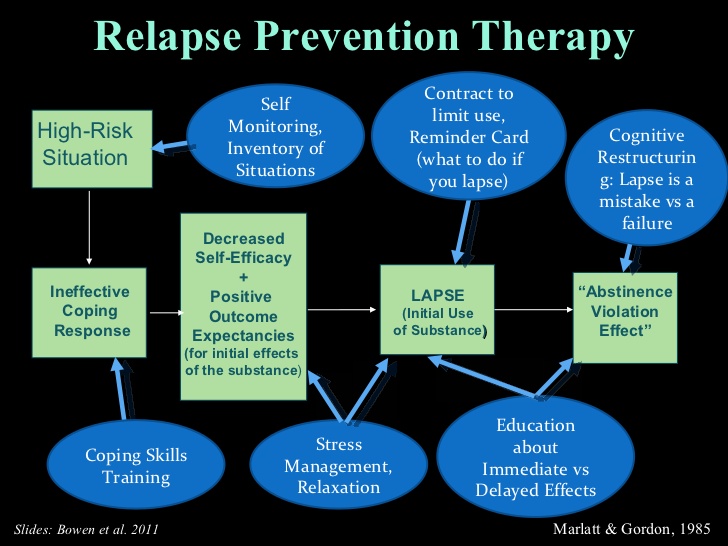
What do you know about food addiction. This this kind of behavior, the consequences can be very fatal if a rescue mission is not adopted immediately.
Generally the body of any human being needs sufficient fuel to remain operational. It is no secret that all the fuel for energies we need come from the food we eat meaning that food is very essential for human survival. So if food is that essential, then what is this madness called food addiction? Can food be addictive? Ever since scientific evidence associated food with other addictive substances, the debate of food addiction has been on going and we are not lest out and so we ask “what do you know about food addiction?” and are you addicted to any kind of food? I believe these concerns you too and that is why we are choosing this platform to inform you by way of explaining to you something about food addiction. doctor Dalal Akoury MD and founder of AWAREmed Health and Wellness Resource Center says that, currently there are so many studies that have suggested that food and drug addiction have some common similarities more in relation to the way both reacts in the disruption of the brain which is involved in the pleasure and self-control.
What do you know about food addiction? It will interest you to know that with the many discoveries; today the idea that an individual can be addicted to food has been receiving a lot of support from the scientific findings to the extent that experiments in animals and humans now shows that, for some people, the same reward and pleasure centers of the brain that are triggered by addictive drugs like cocaine and heroin are also activated by food, especially highly palatable foods which may include foods rich in sugar, fat and salt.
According to the experts at AWAREmed Health and Wellness Resource Center, in the same way addictive drugs reacts, highly palatable foods can also trigger the feel-good brain chemicals such as dopamine. Therefore the moment people experience pleasures associated with increased dopamine transmission in the brain’s reward pathway from eating certain foods, they quickly feel the need to eat again. The reward signals from highly palatable foods may override other signals of fullness and satisfaction. As a result, people keep eating, even when they’re not hungry and that is one of the reasons as to why food addiction is real today. Besides that individuals who demonstrate signs of food addiction may also develop tolerance to food. That way they will be eating excessively more units of food only to find that they are not really getting the satisfaction from the food they eat despite the quantity and the frequency.
What do you know about food addiction? With the advent of scientific findings, it is believed that food addiction may play an important role in obesity and weight related complications. Nonetheless people of normal-weight are not immune to this either they are also likely to struggle with food addiction as well. This may not be reflected in their weigh because many at times their bodies will be genetically programmed to better handle the extra calories they may take in. besides their body responding in their favor, they may also increase their physical activity to compensate for overeating. Doctor Akoury is very categorical that once addicted to food, such people will continue with their habits despite negative consequences like weight gain and dented relationships. And just like people who are addicted to other substances or gambling, food addicts will also have difficulties in stopping their behavior, even if there is evidence of willingness to cut back.
Before you can attempt to treat the problem of food addiction, you must be well informed of the possible signs of food addiction. Therefore how do we know that we are now at risk of food addictions? The following are some of the questions that can help determine if you have a food addiction. Are you able to identify any of these actions in your life? In other words do you …
- End up eating more than planned when you start eating certain foods
- Keep eating certain foods even if you’re no longer hungry
- Eat to the point of feeling ill
- Worry about not eating certain types of foods or worry about cutting down on certain types of foods
- When certain foods aren’t available, go out of your way to obtain them
What do you know about food addiction? Questions in relation to the impact caused in your relationship with food on your personal life. Do these situations apply to you when:
- You eat certain foods so often or in such large amounts that you start eating food instead of working, spending time with the family, or doing recreational activities.
- You avoid professional or social situations where certain foods are available because of fear of overeating.
- You have problems functioning effectively at your job or school because of food and eating.
What do you know about food addiction? Questions in relation to psychological withdrawal symptoms like for example, when you cut down on certain foods (excluding caffeinated beverages), do you have symptoms such as anxiety, agitation and other physical symptoms? Remember that these questions are not just tailored to trigger you if you are being addicted to food but also to gauge the impact of food decisions on your emotions. Therefore do these situations apply to you?
- Eating food causes problems such as depression, anxiety, self-loathing, or guilt.
- You need to eat more and more food to reduce negative emotions or increase pleasure.
- Eating the same amount of food doesn’t reduce negative emotions or increase pleasure the way it used to.
Even though there is evidence that food addiction is real, its treatment is still under investigation and the experts are working towards getting a scientific treatment solution for food addiction. At the moment a lot of debate around this is going on with some arguing that recovery from food addiction may be more complicated than recovery from other kinds of addictions. Alcoholics, for example, can ultimately abstain from drinking alcohol. But people who are addicted to food still need to eat. This is very interesting however while these studies are still being conducted, there are avenues of hope that you can get from experts at AWAREmed Health and Wellness Resource Center under the able leadership of doctor Dalal Akoury. All you need to do to access this help is to schedule for an appointment with her today and all your addiction concerns will be professionally addressed without any hesitation.











